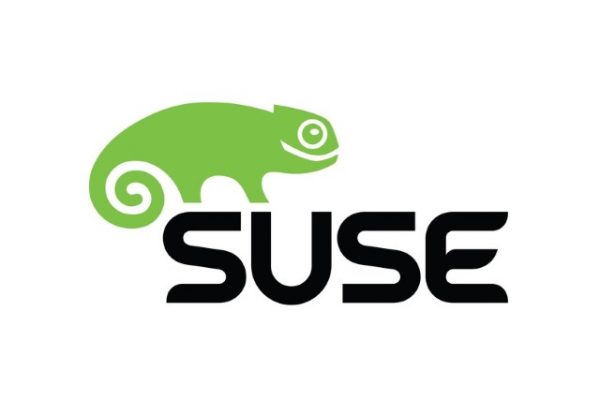SUSE launches new enterprise Linux to help the move to software-defined infrastructure

Businesses are increasingly running a mix of traditional and software-defined architectures and the launch of SUSE Linux Enterprise 15 is aimed at bridging the gap between the two.
It's a modular operating system that helps make traditional IT infrastructure more efficient and provides an engaging platform for developers. It also aids in integrating cloud-based platforms into enterprise systems, merging containerized development with traditional development, and combining legacy applications with microservices.
This 'mulitmodal' approach means organizations can easily deploy and transition business-critical workloads across on-premise and public cloud environments. To facilitate this it uses a common code base to ensure application mobility.
Enterprise 15 includes ring-Your-Own-Subscription (BYOS) programs to streamline the use of or move to Amazon Web Services, Google Cloud Platform or Microsoft Azure. There's also a custom-tuned kernel for workloads on Microsoft Azure to enable faster boot speeds with a decreased memory footprint.
In addition a new Modular+ architecture makes everything in the OS a module. This means SUSE can deliver product updates and patches more frequently. The modular approach lets customers install only the features they need, making planning easier and cutting reducing risk. It's also designed to integrate into commonly used modern development methodologies like DevOps and CI/CD.
The product portfolio includes server versions for Intel, ARM and POWER systems, a server for SAP applications, desktop and workstation versions and more.
Further information is available on the SUSE website.